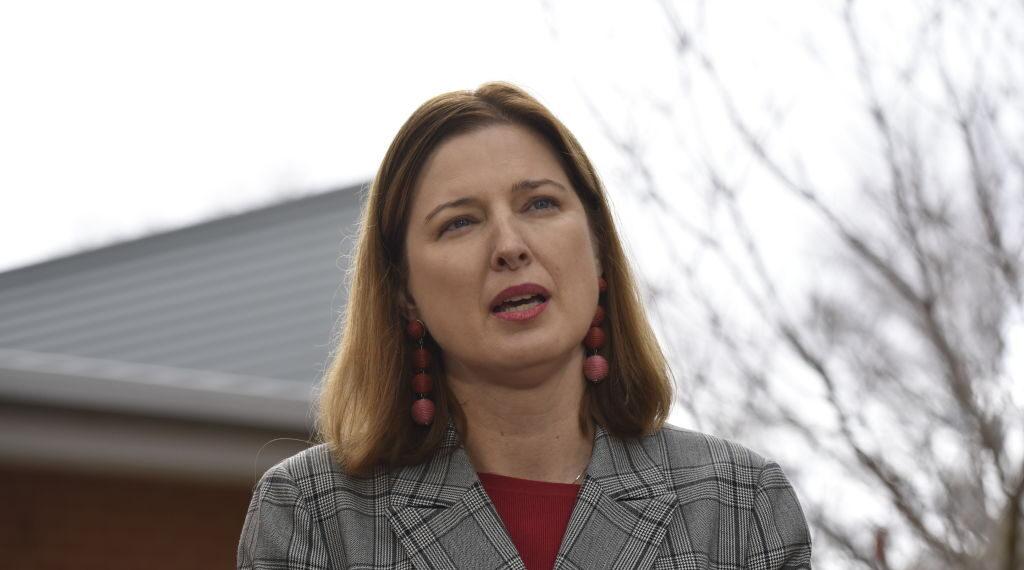Australia’s housing minister has turned down calls to raise support payments to help vulnerable tenants cope with surging rents.
This came after a report by the Productivity Commission indicated that government rent assistance payments failed to keep up with the ballooning rental market.





